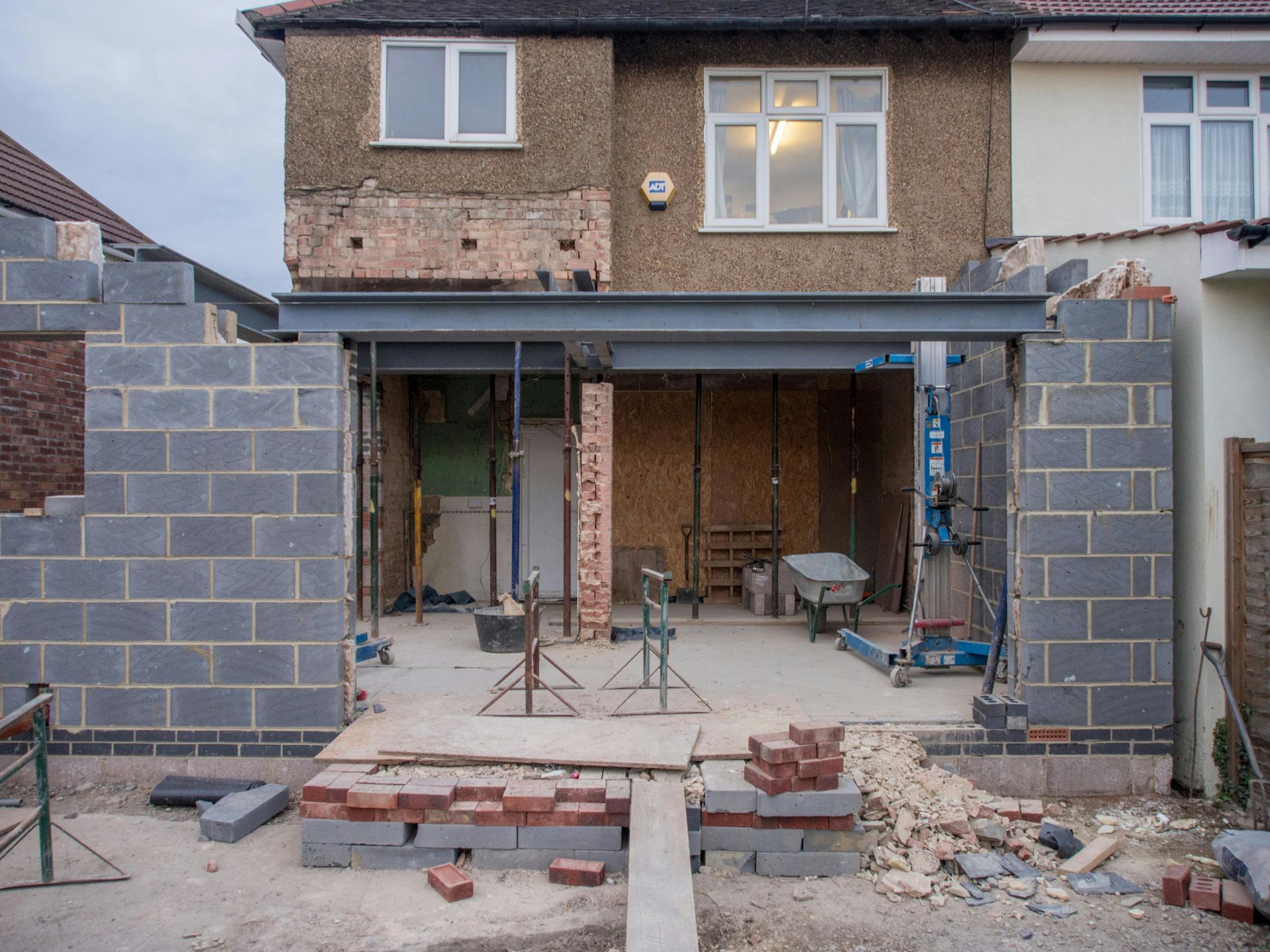Can You Get a Mortgage After Credit Card Defaults or Late Payments in 2025?
Lenders are Cautious About Credit Card Defaults—But They’re Not Always Dealbreakers. Here's How to Get Mortgage-Ready in 2025 With a Patchy Credit History
Life happens—and sometimes that includes missing a payment or defaulting on a credit card. If that’s you, you may be wondering whether a mortgage is still on the table.
In 2025, lenders take a more nuanced view of credit issues than ever before. While defaults and late payments can affect your application, they don’t always mean an automatic decline—especially with the right lender and strategy.
What Counts as a “Bad Mark” on Your Credit File?
When lenders assess your credit history, they’re looking for:
- Missed payments (usually reported after 30 days overdue)
- Late payments (even 1–2 days can sometimes flag, depending on the lender)
- Defaults (typically when payment hasn’t been made for 3–6 months)
- Accounts in arrears, even if they’re now up to date
- Settled defaults or satisfied accounts (positive, but still noted)
These entries stay on your credit file for six years, but their impact diminishes over time.
How Lenders Assess Unsecured Credit Issues in 2025
Different lenders have different thresholds—but here’s what most are looking at:
🔹 1. How Recent Was the Issue?
- Under 6 months: High risk
- 6–24 months: Medium risk—may be acceptable with context
- Over 2 years: Often overlooked, especially if now settled
🔹 2. Was It a One-Off or Ongoing Pattern?
- A single late payment from two years ago is unlikely to derail your application
- Repeated missed payments across multiple accounts may indicate financial instability
🔹 3. Was It Satisfied or Still Outstanding?
- Satisfied defaults are treated more favourably
- Some lenders require defaults to be cleared at least 6–12 months before applying
🔹 4. What Was the Amount?
- Lenders are more forgiving of small defaults (e.g. under £500)
- Larger defaults, especially across multiple cards, may require specialist underwriting
🔹 5. What Type of Debt Was It?
- Mortgage arrears are the most serious
- Credit card or mobile phone defaults are more common—and sometimes seen as “technical” or disputed
Which Lenders Will Consider You?
In 2025, many high street banks still apply strict automated credit scoring.
But specialist lenders and manual underwriters will assess the full picture:
- Income strength and stability
- Deposit size (15–25% preferred in adverse cases)
- Time since default or missed payment
- Total unsecured debt exposure
- Explanations (e.g. redundancy, illness, divorce)
These lenders often work exclusively through brokers like Willow—and aren’t visible on comparison sites.
Can You Improve Your Chances?
Yes—start with these steps:
- Get your credit report from all three UK agencies (Equifax, Experian, TransUnion)
- Dispute errors or incorrect dates
- Pay off or settle defaults where possible
- Avoid new credit applications in the 3–6 months before applying
- Build clean payment history from now on
Even three to six months of clean payments can strengthen your profile.
Real-World Example
A Willow client came to us after a high street bank declined their mortgage due to two credit card defaults—one from 2023, the other settled in 2022. They had a 20% deposit and stable income of £68,000 per year.
We placed the case with a lender that accepted defaults over 12 months old, and with the right documentation and affordability profile, the mortgage was approved at 75% LTV.
How Willow Private Finance Helps
We help clients who:
- Have recent or historic credit card defaults
- Were declined by their bank
- Are unsure how their credit profile affects their options
- Need help rebuilding their application strategy
- Want access to whole-of-market lenders who judge more fairly
We know where flexibility exists—and how to present your case to get the best possible result.
📞 Want Help Navigating Today’s Market?
Book a free strategy call with one of our mortgage specialists.
We’ll help you find the smartest way forward—whatever rates do next.
Important: Your home may be repossessed if you do not keep up repayments on your mortgage or any other debt secured on it. The Financial Conduct Authority does not regulate some forms of specialist or adverse credit finance. The content of this blog is for information purposes only and does not constitute personalised financial advice. Always seek professional advice before taking any action.










